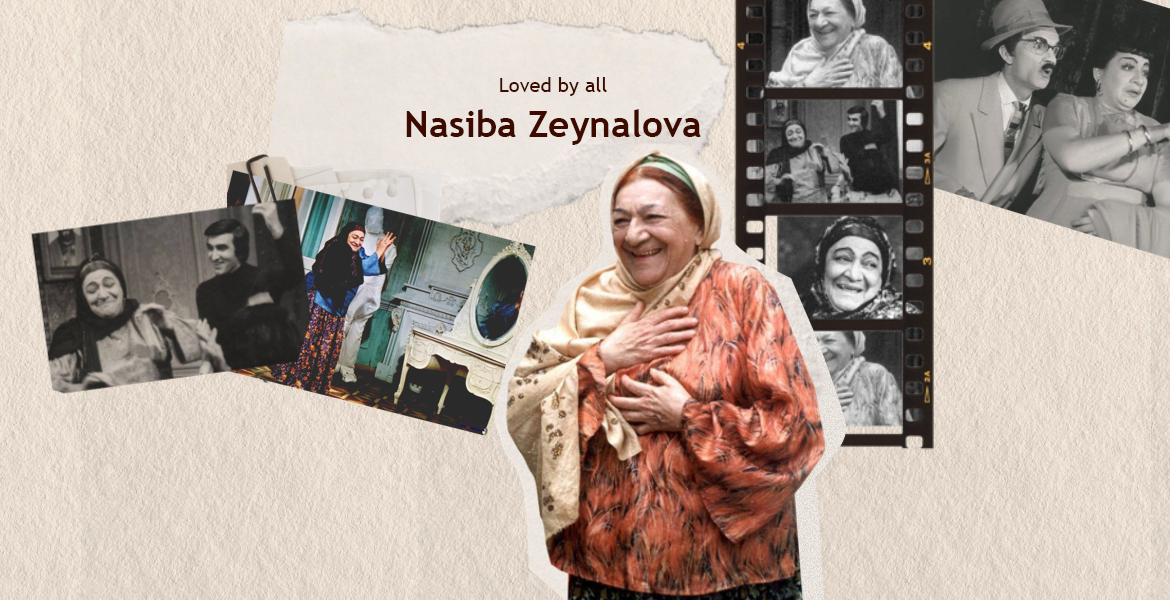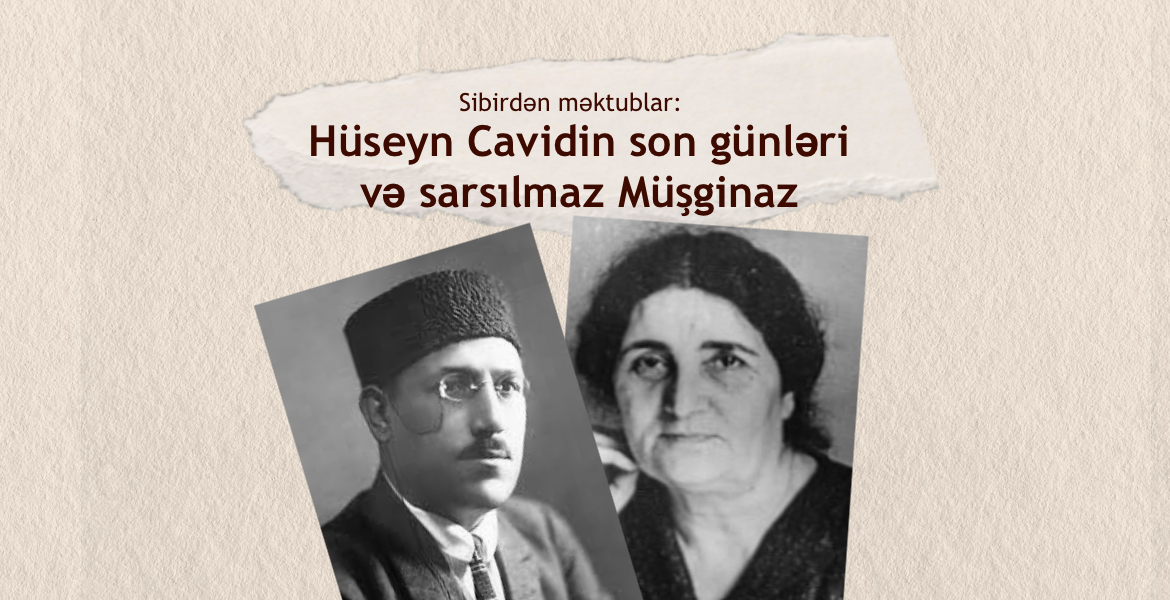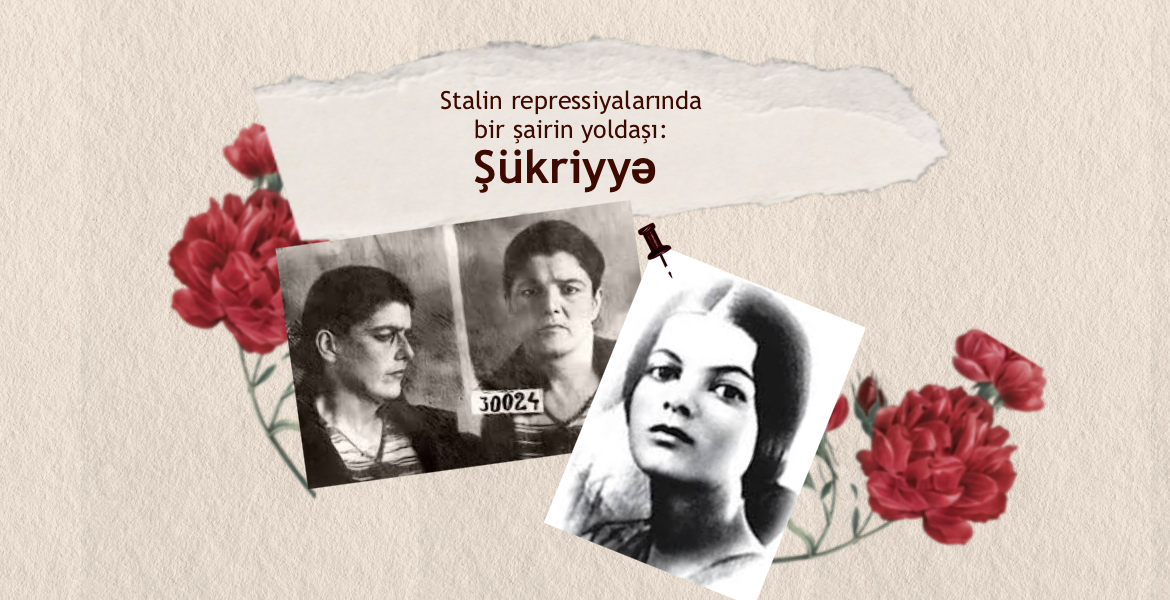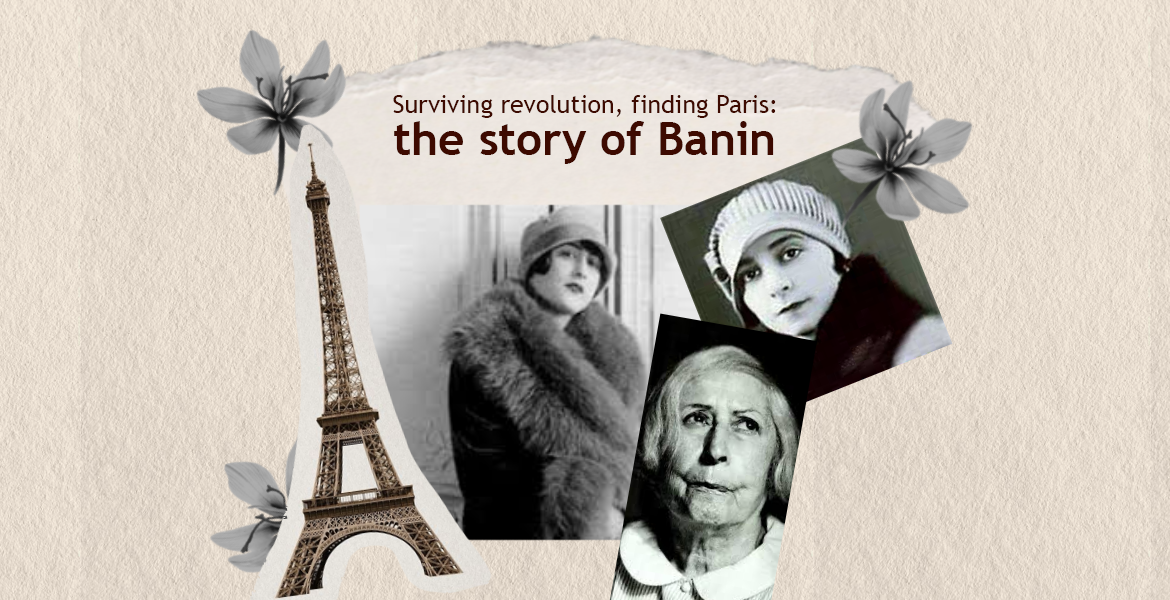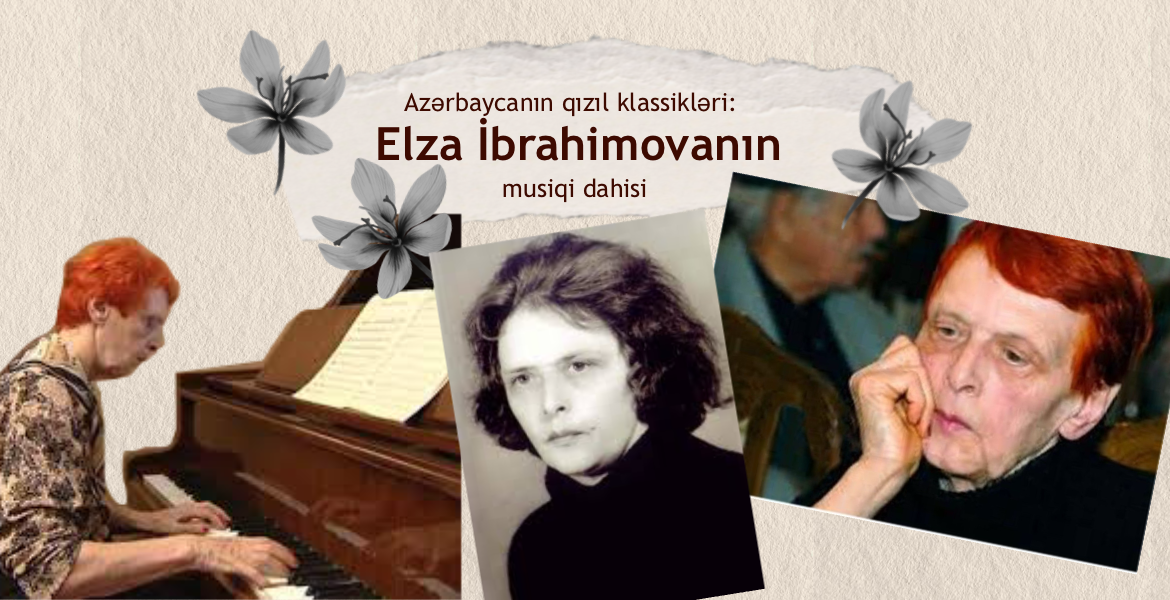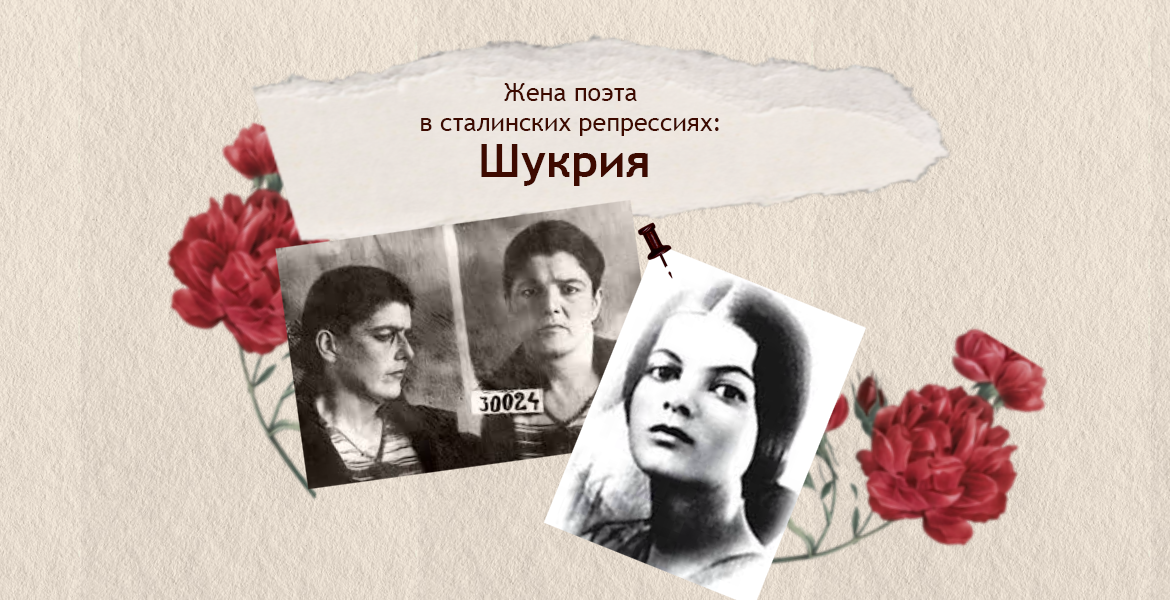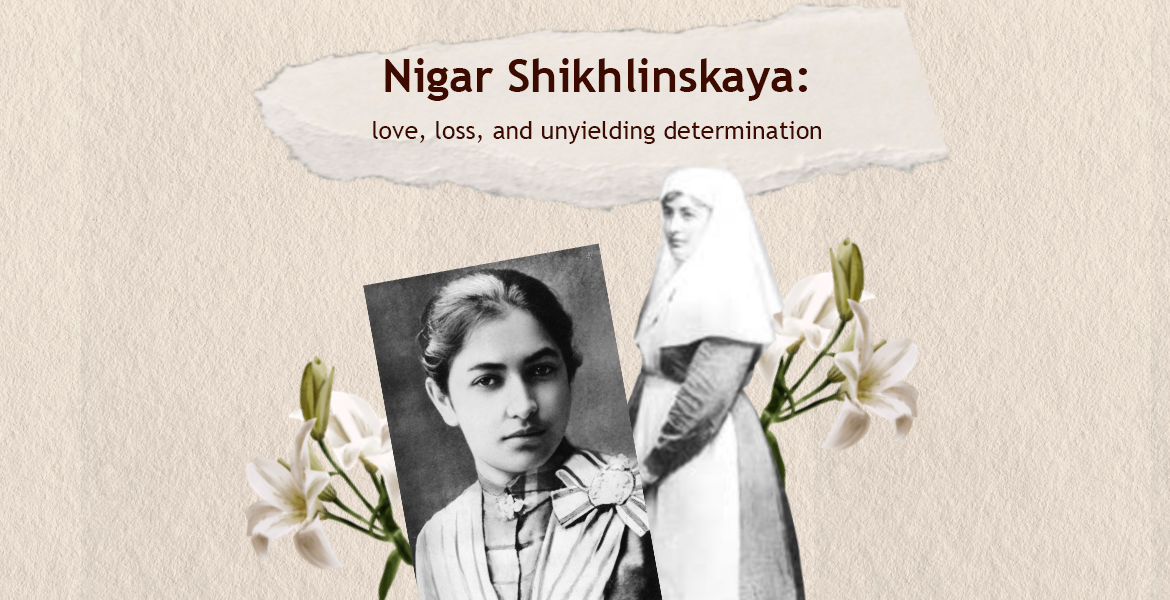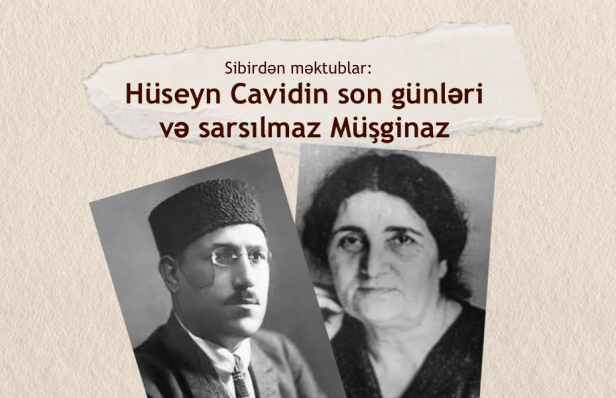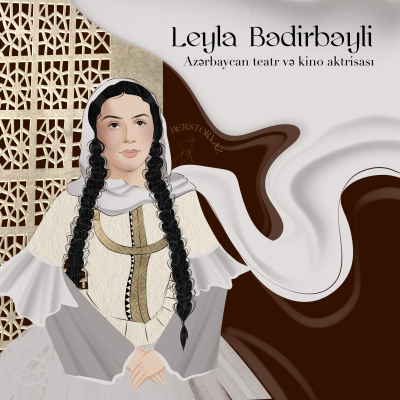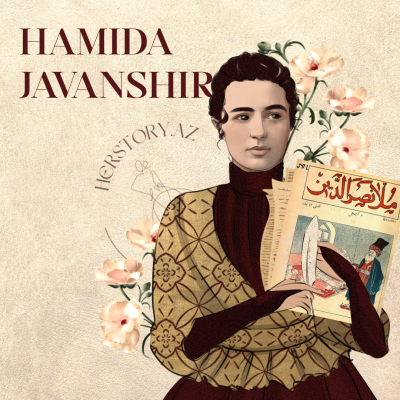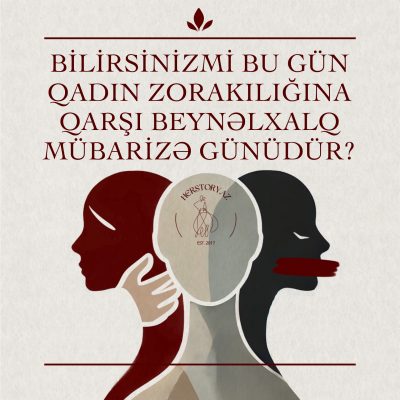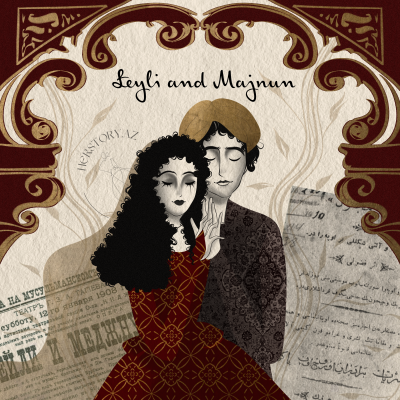Nasiba Zeynalova – Loved by Everybody
In 1918, a young family with a two-year-old daughter sailed home from Iran. During the journey, the girl’s father, Karbalayi Jahangir, passed away on board.
Jahangir Zeynalov was both an actor and a merchant. Passionate about theatre, he dedicated a large hall in his house for rehearsals, even building a stage there. Notable figures like Hajiaga Abbasov, Hussein Arablinsky, and Badal Bey Badalbeyli rehearsed their roles in this space. He played a pivotal role in developing Azerbaijan’s realistic theatre and establishing the Guild of Muslim Dramatic Actors.
Nasiba’s life would be filled with hardships. Her father once owned a 40-room house, but ironically, she would end up living in a small room beneath an attic, from which she was later evicted.
At 14, Nasiba began taking on any work she could find to support her family. Her mother, Husnia khanum, remarried, but their circumstances only grew more challenging.
Despite these tough days, young Nasiba found moments of happiness. She took dance lessons, which would serve her well in the future. Dressed in a colorful jacket, long skirt, and headscarf, she danced at home in front of a cracked wardrobe mirror, moving to the tune of “Nyalbyaki” with two saucers in her hands.
One day, Shamsi Badalbeyli, a troupe director at the Philharmonic, noticed her talent when they crossed paths on the street. “Come tomorrow to the Philharmonic. I believe you have great abilities. It’s impossible for Karbalaya Jahangir’s daughter not to sing and dance. Be sure to come!” With some difficulty, she persuaded her mother and went to try her luck at the Philharmonic.
In 1937, Nasiba joined the drama club of the legendary actor Rza Tahmasib and began her first tour across Azerbaijan. But she was not content to stop there. Ahead of her lay training at the Baku Theatre School, a place in the State Theatre of Musical Comedy, and a degree from the Azerbaijan Institute of Arts. Nasiba khanum was fortunate to learn from prominent teachers like Alexander Tuganov, Muharram Gashimov, and Aghasadig Garaybayli.
Eagerly clutching her earnings, she would rush home to hand over her pay to her mother. Nasiba continued to hone her craft each day.
Nasiba khanum excelled not only on stage but also in film. She appeared in Gadzhibekov’s classic operettas, including “Husband and Wife”, “Arshin Mal Alan”, and “If Not That One, Then This One”. However, her comedic talent truly shone in these productions. Among her 40-plus roles were unforgettable performances like Khan Peri in “Dervish Mestelli Shah” (by Mirza Fatali Akhundzadeh); Narghile in “Gozyun Aydin” (by Muharrem Alizade and Fikret Amirov); Sharaf and Nisa in “Crane” (by Suleiman Rustam and Said Rustamov); and Zuleikha in “Ulduz” (by Sabit Rahman and Suleiman Aleskerov).
Her portrayal of Djennet-khala in “Mother-in-law” (by Majid Shamkhalov and Zakir Bagirov) became an iconic representation of the Azerbaijani mother-in-law, with her monologues often quoted by audiences.
Though she received numerous awards and bouquets, her greatest prize was the love of the people, which she won wholeheartedly. Nasiba Zeynalova was elected to the Council of People’s Deputies eleven times.
Her love story, however, might be one of the strangest chapters in her life.
By age 38, Nasiba was deeply devoted to her work, living an unfulfilled personal life without the joys of motherhood. Enter Mutallib Novruzov, a passionate musician skilled in kamancheh and an instructor of mugham. Introduced by their mutual friend Mirza Babayev, Mutallib was possessive, casting jealous looks at Nasiba’s laughter with friends. One day, he stormed into her dressing room, unable to contain himself, and demanded an explanation. To her surprise, he suddenly exclaimed, “You have no right!” slapped her, then unexpectedly kissed her. Such were the “Italian passions” behind the walls of Azerbaijani theatre.
Though shocking by today’s standards, it was remarkable that Mutallib, younger than Nasiba by eleven years, showed no fear of her fame. Courageous in both feeling and action, he pursued the love of his life, and together they went through life hand in hand until the end.
Mutallib insisted she take his last name, becoming Novruzova, yet theatre posters continued to bear her maiden name, Zeynalova, which had already become famous and beloved. Nasiba khanum eventually gave up her husband’s name after incurring fines for the discrepancy.
She named her only son Jahangir after her beloved father. Raising him in a mix of love and discipline, she held him to high standards, believing one must know all aspects of life. Later, she gave her granddaughter her own name and legally adopted her as her daughter, even bringing her on tour. Nasiba khanum was strict, refusing even to let her attend her school graduation night.
A wonderful hostess, Nasiba loved to gather guests at her home and took pride in her cooking.
But after her husband’s death, she sank into melancholy, withdrawing from the world. Without her life’s companion, happiness eluded her. She left the theatre, grieving his absence deeply. When she passed away on March 10, 2004, she left a legacy that brings a warm smile to our faces whenever we see her on screen.
